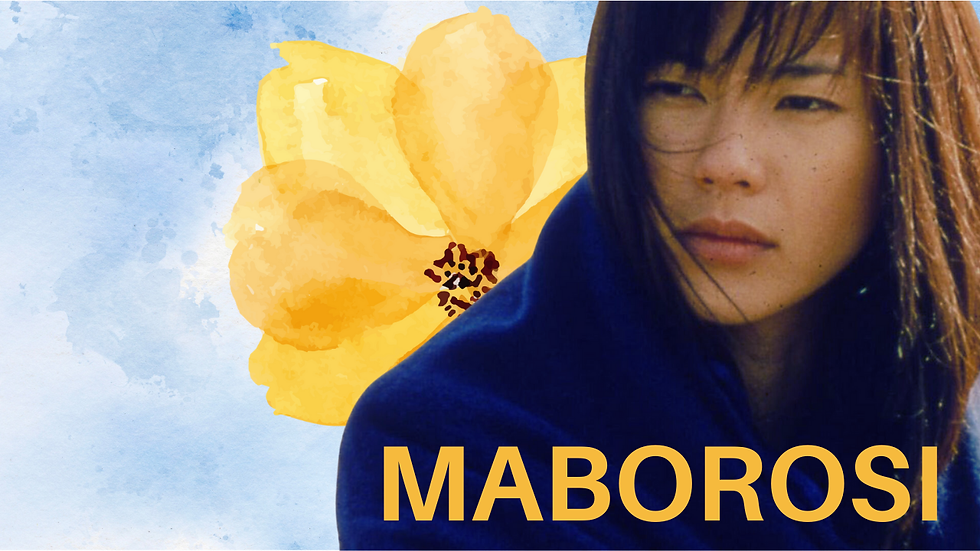Maborosi: A Haunting Exploration of Grief and Unanswered Questions
- Abdul Bahelil
- Aug 29, 2025
- 2 min read

In the quiet opening of Hirokazu Kore-eda's debut film, "Maborosi" (also known as "Phantom Light"), we are introduced to a young Yumiko, witnessing her grandmother's silent departure, a poignant dream sequence that subtly foreshadows a lifetime of profound loss. This early memory sets the stage for a film that delves deep into the enduring nature of grief and our human struggle to comprehend the inexplicable.
Yumiko's adult life, initially filled with the joys of marriage and motherhood in Osaka, is abruptly shattered by an unimaginable tragedy. Her husband, Ikuo, inexplicably takes his own life, leaving behind a bewildered Yumiko consumed not just by sorrow, but by a gnawing, unanswered question: Why? The absence of any discernible distress makes his act even more agonizing, isolating her in a world of profound mystery.
As years unfold, Yumiko's family encourages her to embrace a new beginning. She moves to a serene, remote fishing village with her son, accepting an arranged marriage to Tamio, a kind widower with a daughter. In this new life, surrounded by the majestic, often-harsh coastal landscape that mirrors her inner emotional state, she finds a measure of peace and contentment in the simple, rhythmic routines.
However, the "maborosi"—the phantom light or illusion—of her husband's death continues to cast a long shadow. A return to her former city for a family event reawakens her dormant grief, and the old, unanswered questions resurface with an unsettling intensity. The film culminates in a powerful, understated scene where Yumiko confronts Tamio about her unresolved feelings. He offers a fisherman's perspective, a story of a mysterious light that lures people out to sea, suggesting that some things—including the reasons for a person's final act—are simply unknowable.
"Maborosi" is a hauntingly beautiful cinematic experience that explores our innate need to find meaning in inexplicable loss. It tenderly suggests that while answers may elude us, we can, in time, learn to live with the questions.
If you're seeking a film that is poetic, atmospheric, and profoundly sorrowful, "Maborosi" is a must-watch. Remarkably, this deeply moving and masterful work is Kore-eda's debut.




Comments